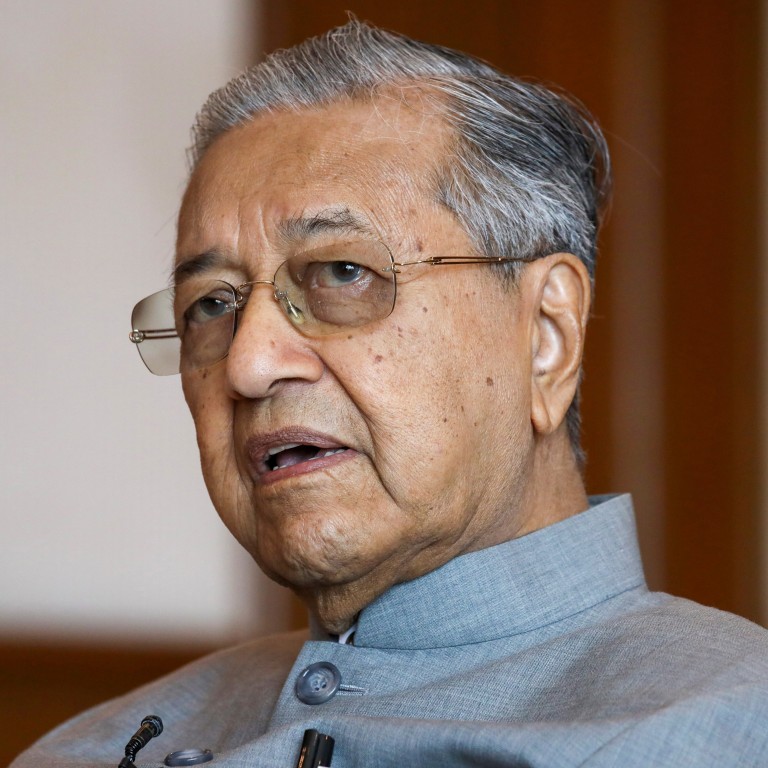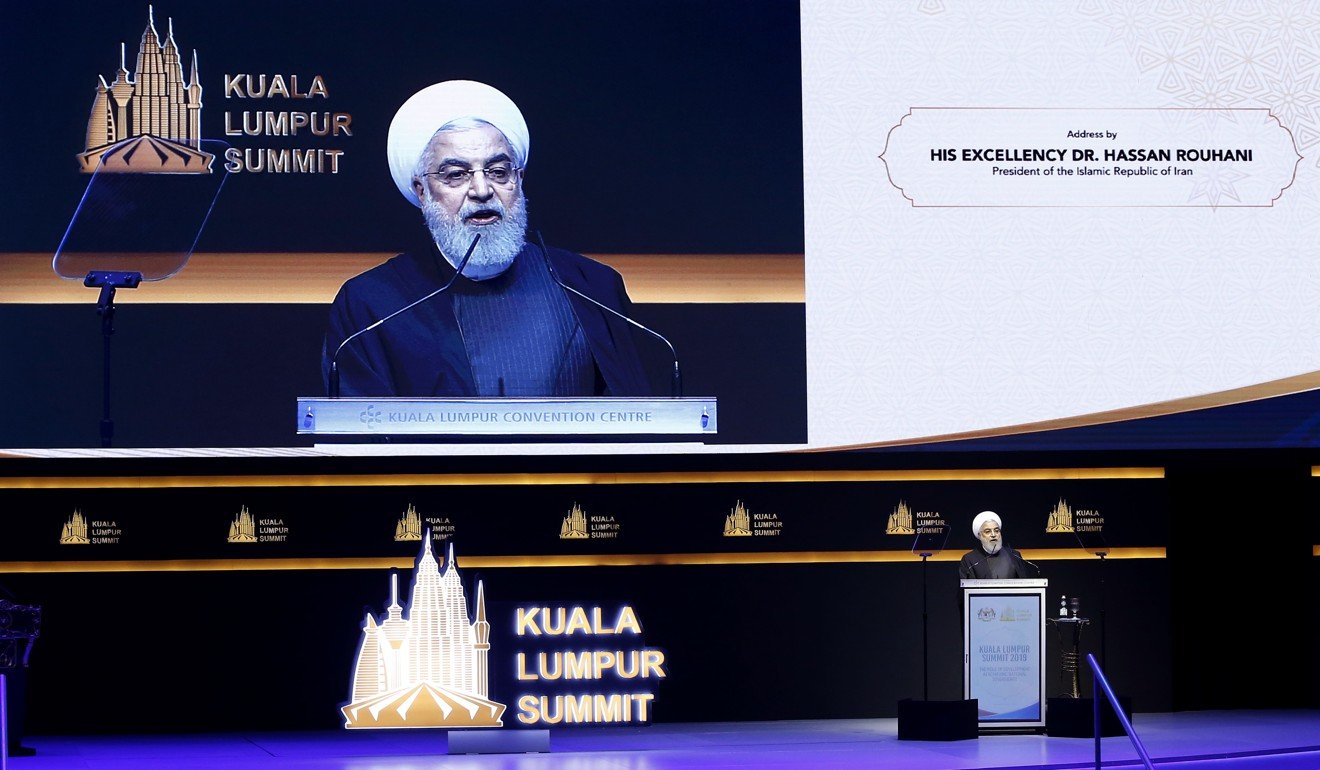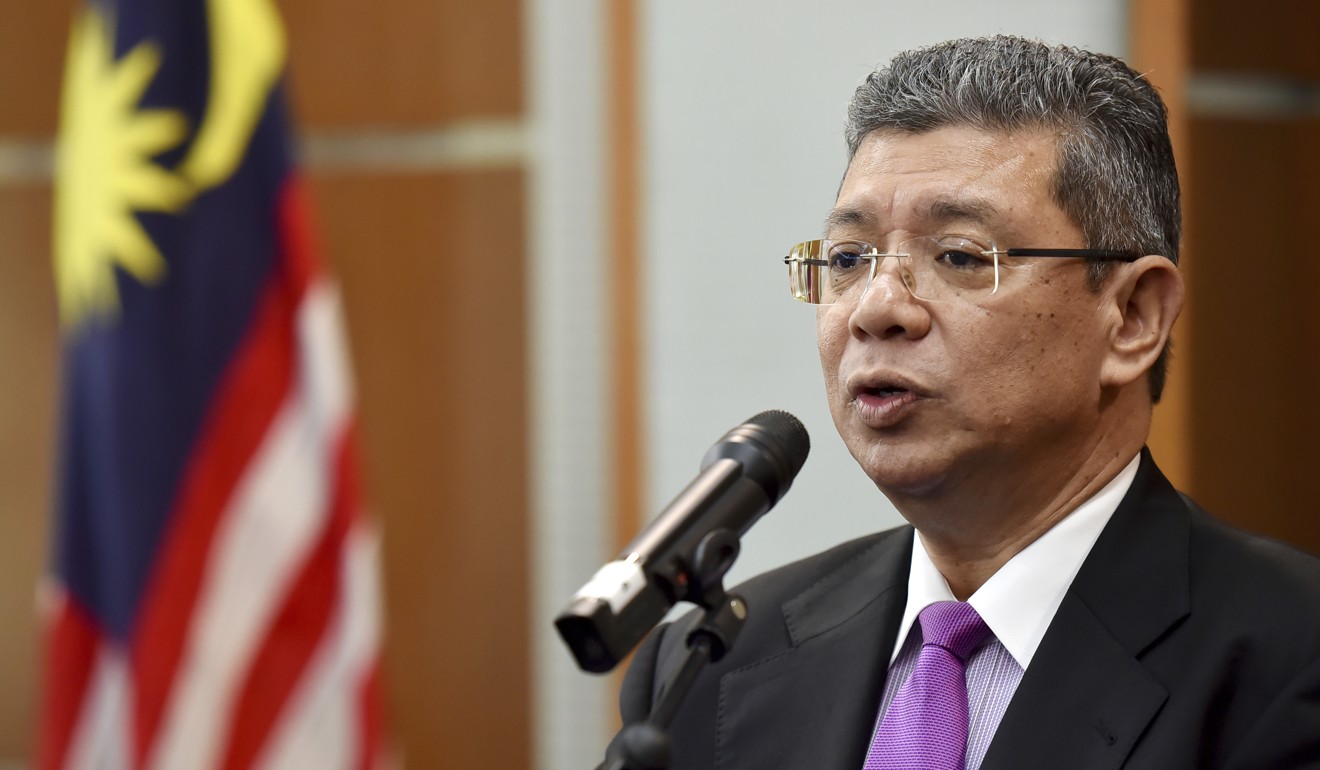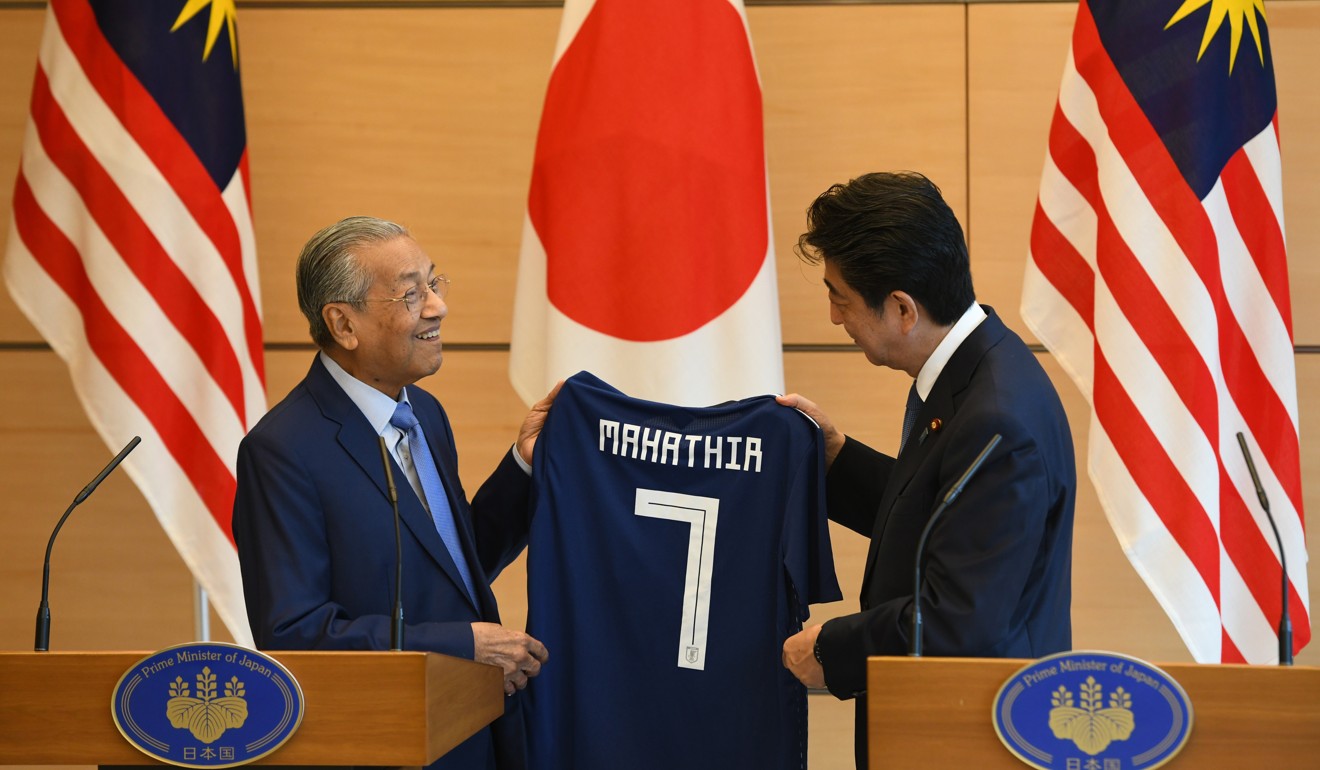
Malaysia’s Mahathir hits foreign policy speed bump after controversial Kuala Lumpur Summit
- The event managed to upset not just Saudi Arabia and its allies, but Morocco and Indian Prime Minister Narendra Modi as well
- Not all the country’s diplomatic efforts this year have been so divisive, however, with its overtures towards Beijing and Tokyo winning applause

While the tensions may have cooled somewhat, a new controversy emerged last week after Morocco voiced displeasure over the participation in the forum of two groups it deems as having jihadist links.
Malaysian Foreign Minister Saifuddin Abdullah on Saturday said he told his Moroccan counterpart Nasser Bourita in a telephone conversation that the groups’ participation did “not infer recognition by the Malaysian government”.
India’s citizenship law protests deepen Hindu America’s Modi divide
On the sidelines of the event, the 94-year-old leader echoed Modi’s rivals in claiming that the Citizenship Amendment Act discriminates against India’s 200 million Muslims.
On this, too, Saifuddin brushed off concerns, saying he viewed India’s summoning of the Malaysian diplomat as “normal when a country is dissatisfied or when there is an event or statement that requires further clarification”.
“Everything remains good between both countries and there are no issues about strained ties or problems arising from this,” he told local media.
Outside government, some observers of Malaysian foreign policy are not as sanguine about the number of countries currently at odds with Kuala Lumpur.

Also of concern are domestic divisions over the diplomatic path the country is taking – one area where officials have traditionally enjoyed bipartisan support.
Not all of Malaysia’s diplomatic efforts in 2019 were as divisive, however.
What will Beijing do now Malaysia has discovered art of the deal in South China Sea?

Shahriman described the current tensions with India as a low point for Malaysian diplomacy.
‘Muslims caused fear of Islam’: says Mahathir at Kuala Lumpur Summit
In 2020, all eyes will be on Malaysia’s chairing of the Asia Pacific Economic Cooperation intergovernmental forum – a role it has not held since 1998, when Mahathir was serving his first, 22-year stint as prime minister.
Malaysia must decide whether it wants to proceed with the high-speed rail link, and another bilateral rail project – a metro system linking its southern city of Johor Bahru with the Lion City – by the second quarter of this year, or face the prospect of paying hefty termination fees.

